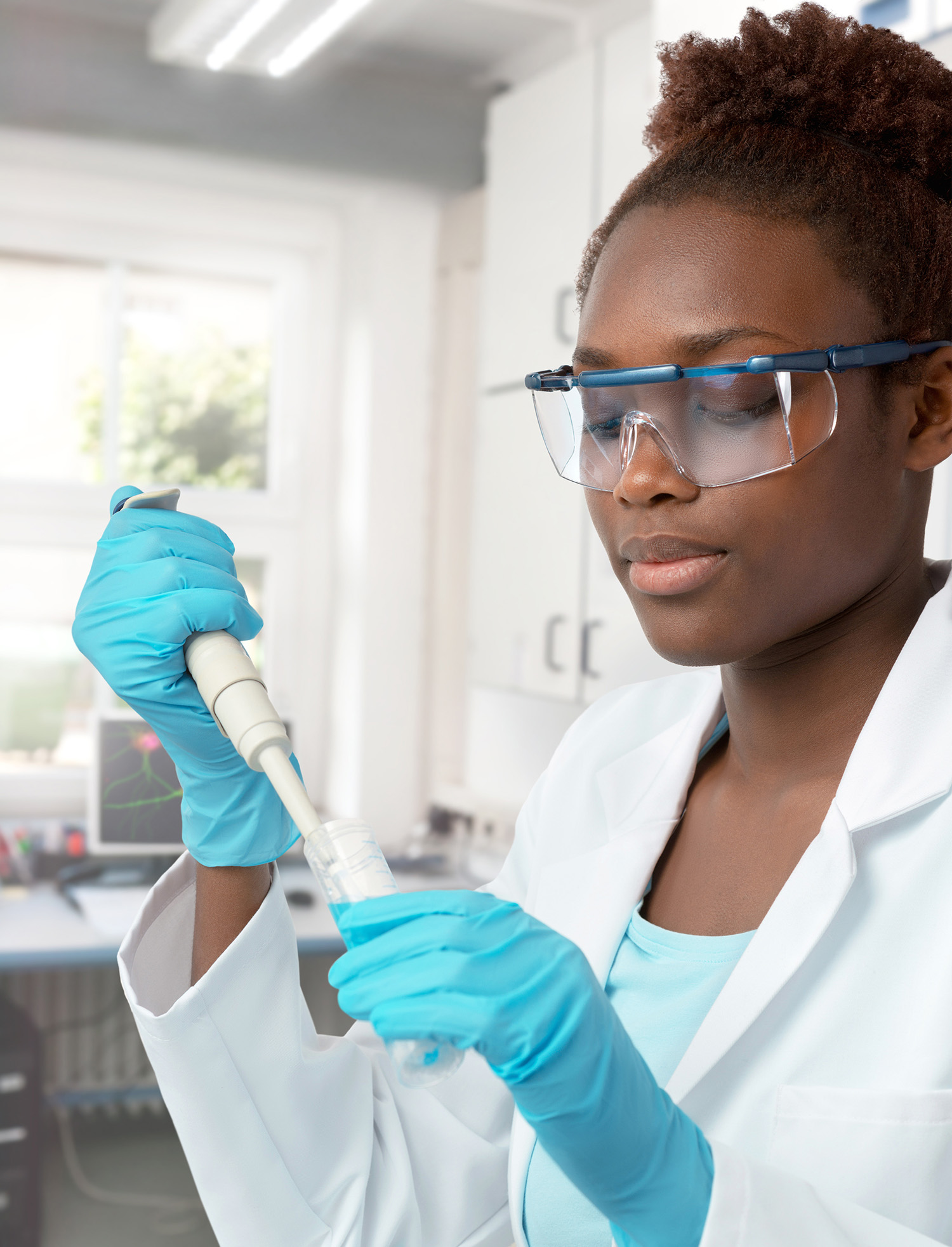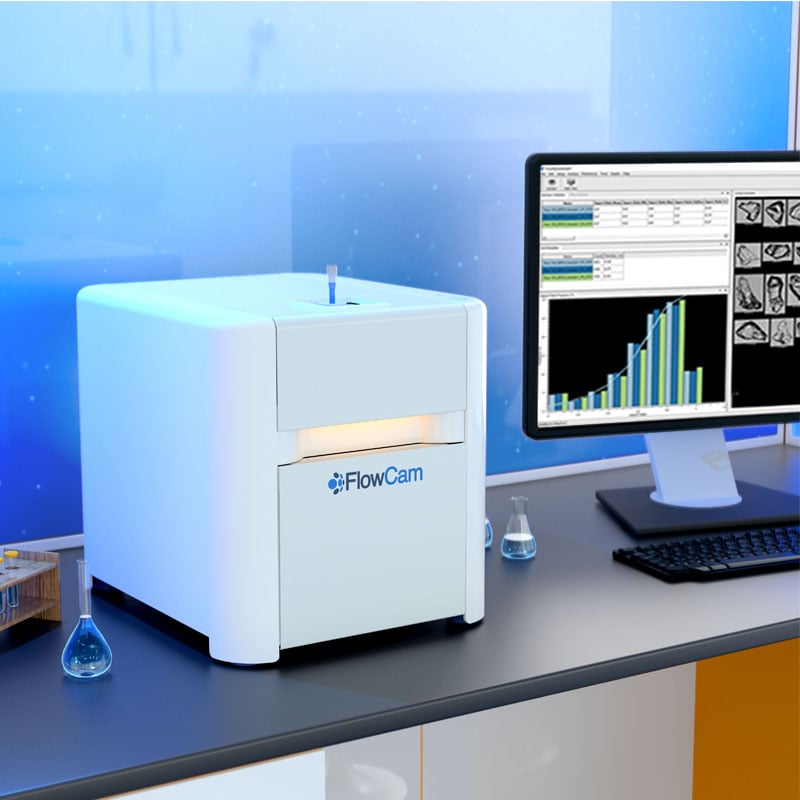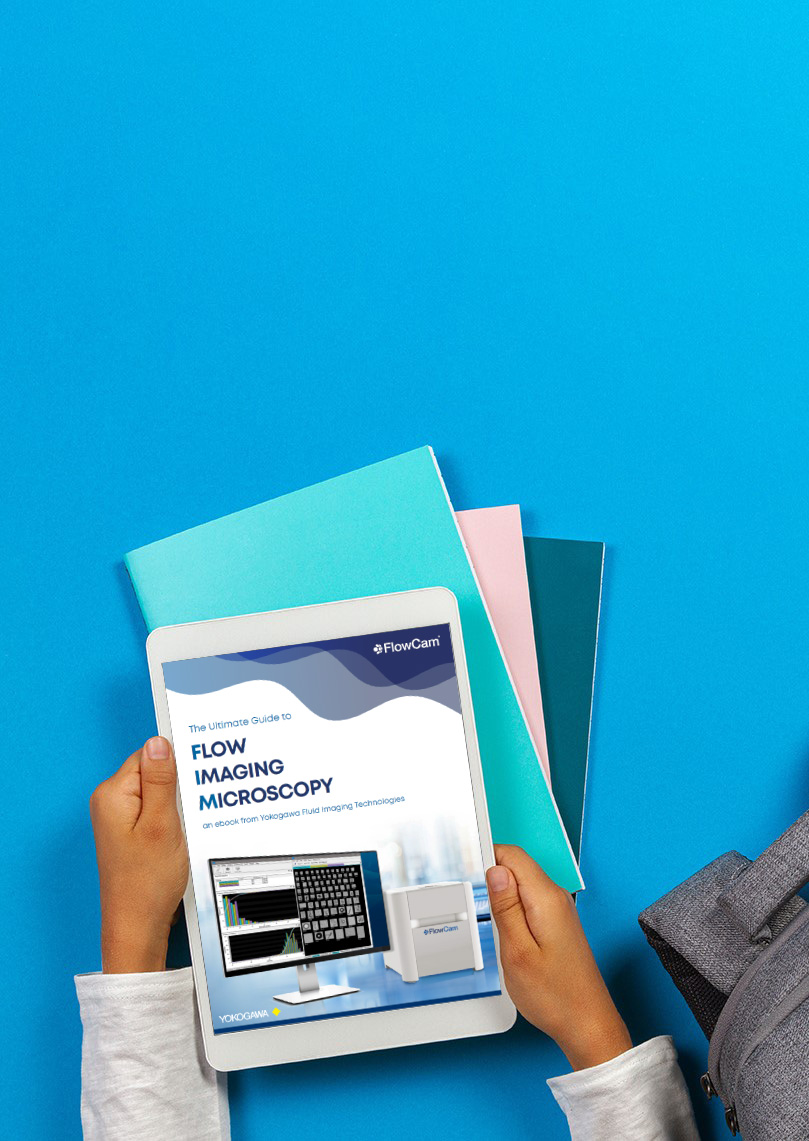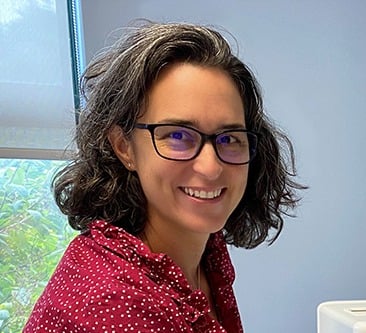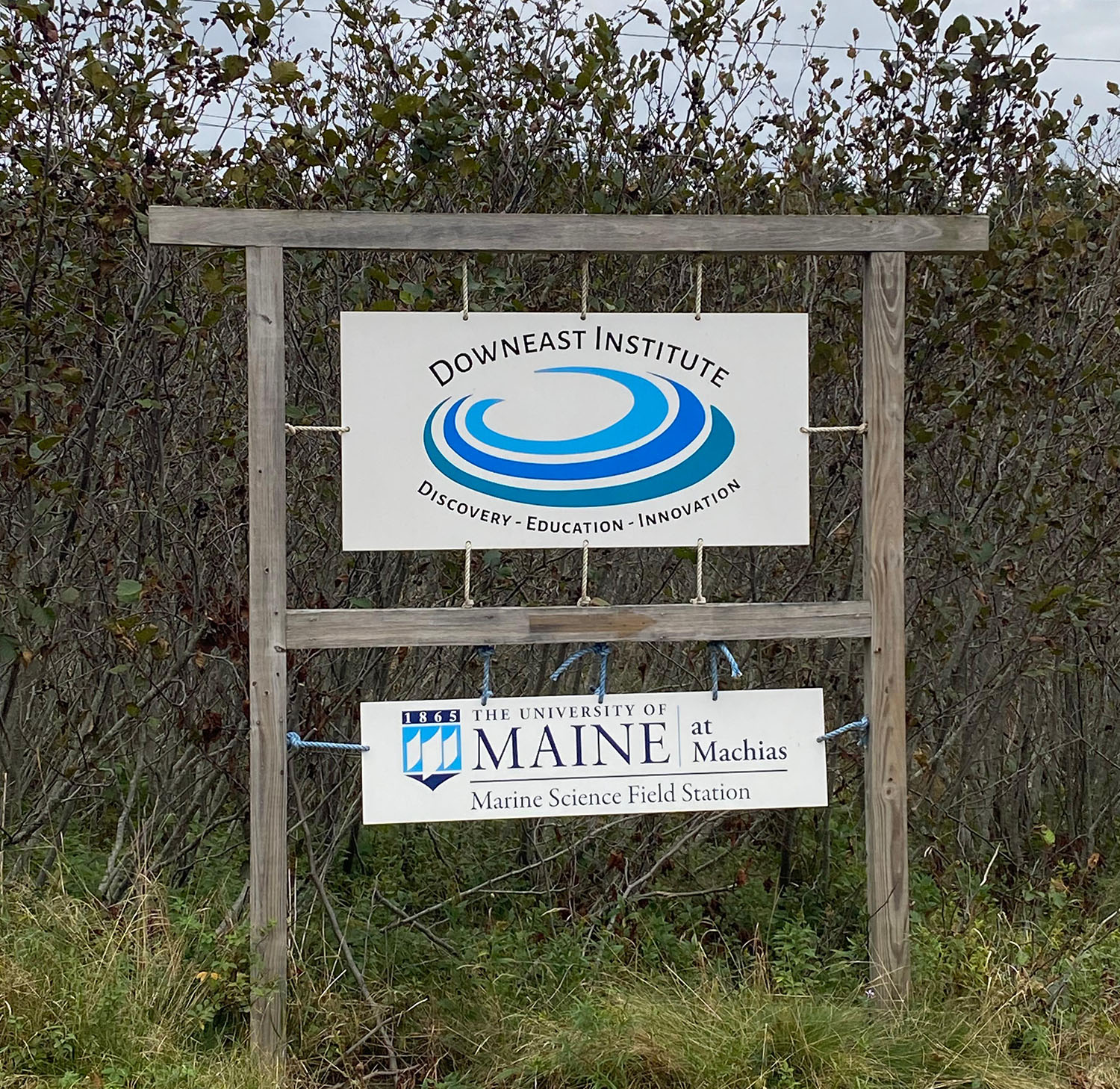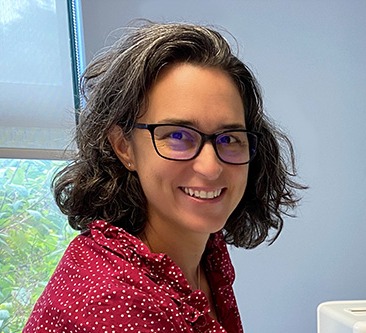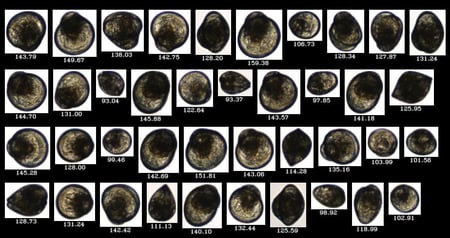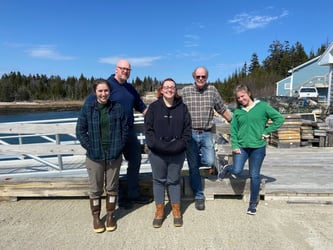Nestled ashore at Black Duck Cove on Great Wass Island, the Downeast Institute for Applied Marine Research and Education (DEI) is Maine’s full-service seawater laboratory and research hatchery for shellfish production. The easternmost marine research laboratory in the US is actively generating new marine ecosystem knowledge and bringing innovative approaches to wild and cultured fisheries throughout coastal Maine and beyond.
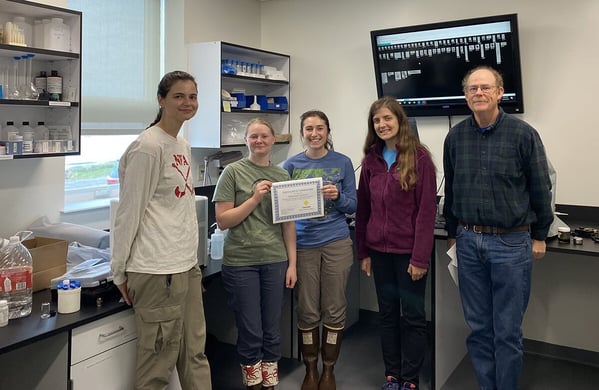 In 2022, Dr. Brian Beal, director of research at DEI and professor of marine ecology at the University of Maine at Machias, was awarded the FlowCam Aquatic Research Grant, which enabled him to apply high-throughput analysis to his shellfish research. Using FlowCam, Dr. Beal and his team were able to advance their study of bivalve and other molluscan larvae, as well as eggs from bivalve species. FlowCam proved to be instrumental to their research workflow, considerably reducing the time it takes to size and count eggs spawned from over 70 animals at a time – a process that was incredibly tedious and time-consuming when done with manual microscopy.
In 2022, Dr. Brian Beal, director of research at DEI and professor of marine ecology at the University of Maine at Machias, was awarded the FlowCam Aquatic Research Grant, which enabled him to apply high-throughput analysis to his shellfish research. Using FlowCam, Dr. Beal and his team were able to advance their study of bivalve and other molluscan larvae, as well as eggs from bivalve species. FlowCam proved to be instrumental to their research workflow, considerably reducing the time it takes to size and count eggs spawned from over 70 animals at a time – a process that was incredibly tedious and time-consuming when done with manual microscopy.
Pictured above: Dr. Brian Beal (right) and his team upon completing FlowCam training.
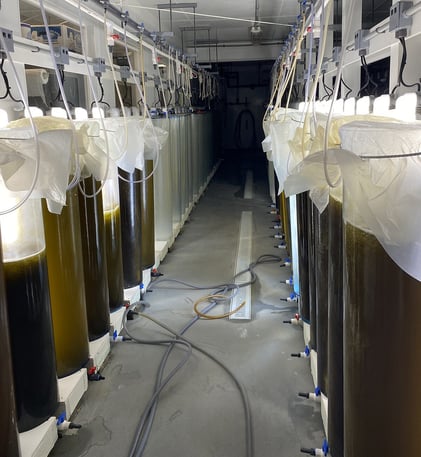 Today, Beal’s team continues to expand their shellfish research using their newly purchased FlowCam 8400. Equipped with the ability to rapidly screen and analyze eggs and algae used in their cultured fisheries, Dr. Beal and his team are excited to use FlowCam to track efficiencies of bivalve phytoplankton consumption. The research hatchery at DEI houses a completely closed microalgae culture system (pictured right) that is designed to grow phytoplankton cultures in controlled light and nutrient conditions before directly feeding into specific shellfish stock tanks. FlowCam will be used to monitor how efficiently various shellfish species develop in the hatchery. This will inform the DEI team's strategies as they develop grow-out aquaculture technologies for clam and mussel species. FlowCam data that correlate clam sizes with egg production, for example, provide a metric that can be used to define when clams should and should not be harvested from wild fisheries for stock protection and enhancement.
Today, Beal’s team continues to expand their shellfish research using their newly purchased FlowCam 8400. Equipped with the ability to rapidly screen and analyze eggs and algae used in their cultured fisheries, Dr. Beal and his team are excited to use FlowCam to track efficiencies of bivalve phytoplankton consumption. The research hatchery at DEI houses a completely closed microalgae culture system (pictured right) that is designed to grow phytoplankton cultures in controlled light and nutrient conditions before directly feeding into specific shellfish stock tanks. FlowCam will be used to monitor how efficiently various shellfish species develop in the hatchery. This will inform the DEI team's strategies as they develop grow-out aquaculture technologies for clam and mussel species. FlowCam data that correlate clam sizes with egg production, for example, provide a metric that can be used to define when clams should and should not be harvested from wild fisheries for stock protection and enhancement.
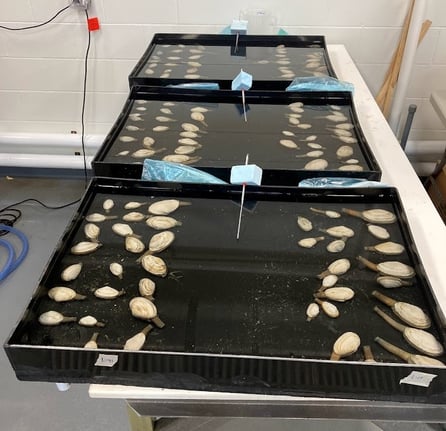 Pictured left: Clams spawning in the DEI lab.
Pictured left: Clams spawning in the DEI lab.
Core to DEI’s mission is to serve as an educational and entrepreneurial resource for the people of coastal Maine and beyond. Having FlowCam added to their state-of-the-art marine science field station offers further research opportunities for students and scientists visiting the lab. It supports restoration ecology efforts aimed at implementing sustainable uses of marine resources.
Read an interview with Tessa Houston, one of Dr. Beals' research assistants.


